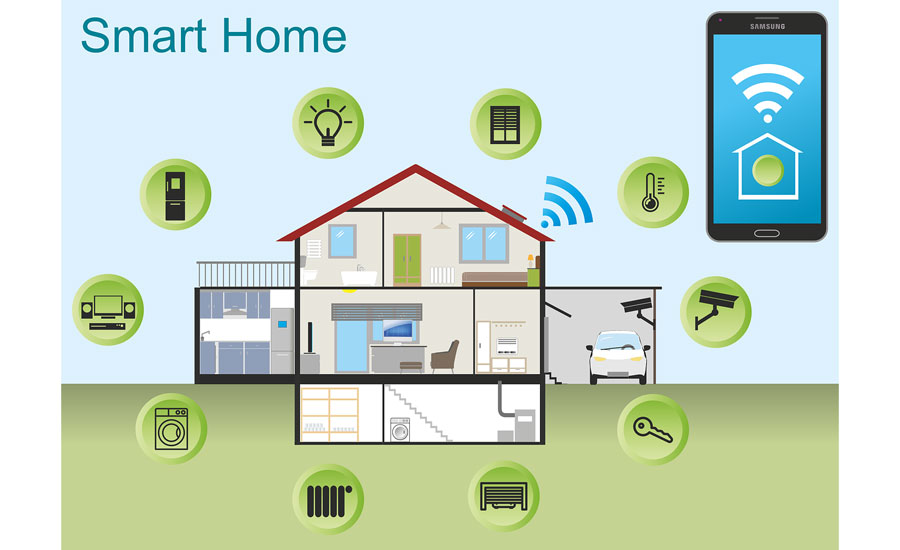Exploring The Environmental Advantages Of Warmth Pumps - A Sustainable Heating Option
Exploring The Environmental Advantages Of Warmth Pumps - A Sustainable Heating Option
Blog Article
Article Author-Cox Stampe
In an age where sustainability and power efficiency are extremely important, several businesses look for environmentally friendly home heating remedies. One such option is the heat pump.
A heatpump extracts the heat in its environments and pumps it into your home, resulting in one of the most reliable eco-friendly main heating unit around. get redirected here produces absolutely no greenhouse gas emissions, making it a highly sustainable innovation.
Energy Performance
Heat pumps are extremely power efficient and call for little upkeep. They make use of less power than other heater and are without a doubt one of the most eco-friendly. They work well with rooftop solar and can commonly spend for themselves in utility savings alone.
They can likewise offer air conditioning, which is fantastic for garage workshops, attic room hangouts and bonus offer rooms, and home enhancements without extending the existing ductwork. They can also be made use of for retrofits in existing homes with hydronic (water-based) distribution systems such as low temperature radiators or glowing floorings.
Look for versions with SEER and HSPF ratings that meet or surpass copyright's minimum requirements, in addition to the standards in your area. Higher scores imply better effectiveness, which saves you cash in the future and lowers your carbon footprint. You might even qualify for discounts and motivations! The very best units are those with a ground heat exchanger for added effectiveness. These devices can soak up thermal energy from the ground throughout the winter and essence it in the summer.
Reduced Greenhouse Gas Emissions
Heatpump run on electricity and essentially move warmth from the air, even when it's cold exterior. They are able to remove the complimentary warm trapped in air particles and move them inside, minimizing humidity while doing so.
Contrasted to gas heaters, contemporary heatpump make use of less than one kilowatt of power per kilowatt of home heating power they produce. This makes them one of the most energy reliable heating alternative readily available with a POLICE (Coefficient of Performance) of 4 or more. By lowering the requirement for fossil fuels, heat pumps help in reducing greenhouse gas emissions and cut other major air pollutants.
Structure decarbonization is a worldwide necessary, and the heating and cooling market is a vital driver of that process. Whether it's real estate investors making internet no dedications, plan manufacturers establishing emissions limits, or renters requiring greener spaces, electric heatpump are being recognized as an important option. They are a cost-efficient means to reduce carbon emissions by eliminating the need for fossil fuels in buildings.
Adaptability
Heatpump can be used in several kinds of homes and buildings-- with or without ducts. They work with hot-water radiators, air-conditioning and programmable thermostats. They can change heating systems or be mounted in new homes. They can work on photovoltaic panels, geothermal systems and even area heating resources like wastewater.
They're fantastic at supplying even more warm per energy system. As an example, an air-source heat pump produces approximately three or even more home heating systems from each electricity unit it eats.
Obtaining the most from your heat pump will depend upon your environment zone and high quality of insulation. Seek versions with power celebrity scores and contrast their SEER or HSPF specs. In warmer environments, focus on SEER; in cooler regions, consider a system with a higher HSPF score. Additionally, invest in air securing and insulation to reduce the load on your heatpump. That will boost energy effectiveness and help you reach your Net Zero objectives quicker.
Biomass Boilers
Biomass boilers use timber pellets, chips or logs to produce heat and hot water. They are a good option for off-grid properties or those who want to get off the gas grid.
As a standalone heater, biomass can provide adequate power to maintain your home warm all year round without the common heat drop off of other renewable technologies. They can also be used combined with photovoltaic panels to increase financial savings and benefit from RHI settlements.
A drawback of these systems is the upfront price and routine fuel deliveries. Usually, pellets will require to be blown right into a fuel store using a vacuum system or they can be by hand fed into the boiler with a receptacle. Logs are typically self-sourced from nearby forest or bought in bulk. As well as this, they require hand-operated loading and may require cleaning often.